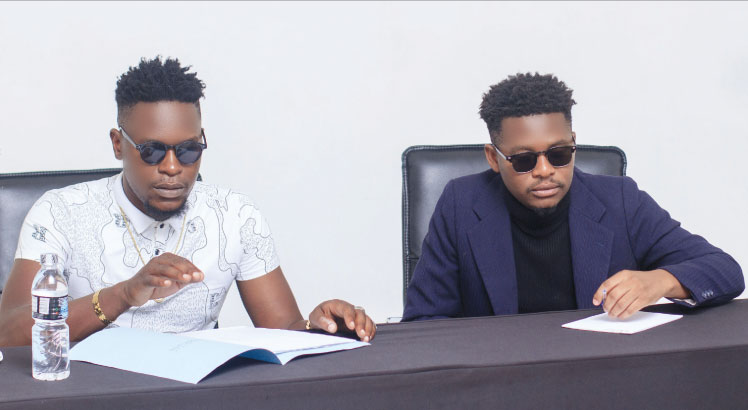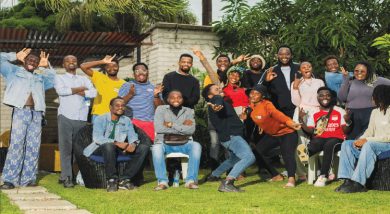Hip hop is a culture
Recently, there has been a debate about hip hop. Some artists feel the genre is being diluted by a new generation and that what is being produced lately is not hip hop. However, one of the country’s hip-hop artists Nthondwa, famed for his Tumbuka and other local languages, aired his thoughts on the topic. Our arts editor EDITH GONDWE caught up with Nthondwa to get his views and what prompted him to speak out. Details.
Q
: Tell me your understanding of hip hop?

A
: My understanding of hip hop music is a culture of different elements in it. We have rap, which has dominated the other genres. A lot of people think rap is hip hop, but it is just an element of hip hop. Hip hop is about many things such as dance, graffiti, and other things. I understand its originality as something that was a code of a language that black people in America were using as a way of communicating and fighting struggles they were facing around the 1970s. But now, hip hop has evolved and we think of it as we see it as more of rap music. But hip hop is a whole culture and a way of life with rap being just a component of it. It is a way of expressing oneself using the culture that you are in.
Q
: You recently caused a stir when you shared your thoughts condemning others who categorise hip hop artists. What was your line of argument?
A
: My line of argument is hip hop is a culture, yes and we are moving and things are changing. Jumping on an old school beat and talking about how the system is really biased does not make one hip hop. Someone can even jump on a modern beat and talk about the same stuff, but there is this group of people who think if an artist uses a pasada beat or trap beat but talking about issues that are affecting people’s daily lives then that is not hip hop. That is what I am arguing against. We are evolving and that is still hip hop despite blending other beats. There are some so called hip hop OGs who think they own the genre. My argument is hip hop is all about keeping it real and the beat is not really important. The genre is evolving and people must move with the times. For example, I know Q Malewezi as one of the ambassadors of hip hop during his Real Elements in Malawi, but today the same Q praises Seven O More as one of the best hip hop artists now. Seven O More is new and modern, he raps and that is still hip hop. Then we have others who are certifying the culture. I feel we are all on a journey and we can use the hip hop culture according to how we feel. We should not limit this art, but we should instead encourage artists to express themselves and keep experimenting. We all cannot sound the same. The key thing is what message is in the songs. So, there is no such a thing as genuine hip hop or fake hip hop.
Q
: In Malawi, do you think we are on the right path as far as producing hip hop is concerned?
A
: In Malawi we have many good hip hop artists such as The Dare Devilz, The Real Elements. These are the people that we learnt from. And a lot of pioneers have pushed hip hop to modern day. But I can’t categorise hip hop to say this is real and this is not good enough. An art evolves and we continue to experiment with this genre. This saying that ‘this is real hip hop’ must come to an end because we are all creating what works for us. We only have pioneers of hip hop and we will always respect them. Jumping on trap beats or pasada beats while doing hip hop is ok. It doesn’t dilute the genre, it only strengthens it.
Q
: What is your take home message on the discussion?
A
: There will always be people who think what they do is real and what others are doing is not real, but that should not discourage them from doing what they feel is hip hop. Let us all continue to explore the genre and keep producing what we feel is part of the genre. We should also avoid discouraging others.





